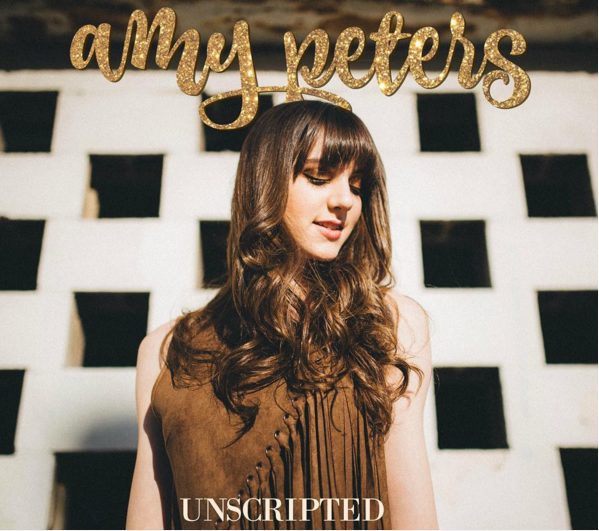We sat down with singer and alumna Amy Peters to discuss her experience at The Blackbird Academy and how it helped her grow into the artist she is today!
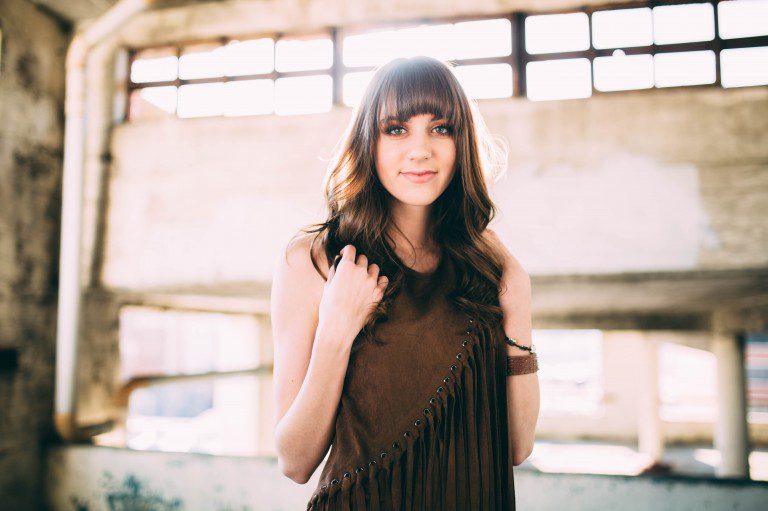
The 19-year-old Virginia Beach native currently resides in Nashville, TN, where she writes and plays music. In 2014, she moved to Nashville to pursue her dreams of making a difference in the music industry and writing songs with substance. She just released her new EP, Unscripted, to iTunes and Spotify! It’s fantastic.
Click here to hear the EP
Amy’s education at TBA has allowed her to create lasting co-writing relationships, work at CMA Fest, and most recently, work on a project with Addiction Sound Studios producer David Kalmusky.
We loved talking to Amy about songwriting tips, its relationship with audio, and her experience with The Blackbird Academy!
How did you hear about The Blackbird Academy?
My dad is an audio engineer, and I came across The Blackbird Academy on one of his audio websites. Once I started researching, I noticed TBA was having a 3-day workshop and planned a trip to Nashville.
It was fun from the moment we walked in, and it really opened up my eyes to audio. The Blackbird Academy was helpful and eager to answer any and all questions I had. While we were there, we even got to work with Martina Mcbride’s live band!
In your opinion what is the best thing about Blackbird Academy?
The hands-on experience — there is no other place you can go and work with 20 different engineers on the best gear in the world and in the best space. We always had the opportunity to work with session players and were able to see how producers really work the room. That was really valuable for me as a songwriter. I really want to be able to produce as an artist, so I carefully watched how everyone in the studios acted. I always felt prepared at TBA.
How did TBA affect your art?
During my six months at Blackbird, I was introduced to hundreds of records I never even knew existed. Mark Rubel does an incredible job of teaching basic audio recording in addition to giving proper credit to the legends behind some of the best tunes of all time. After being exposed to so many songs, new and old, my writing style widened dramatically. It got me out of the box I was stuck in and multiplied my musical inspirations.
Why is TBA beneficial for songwriters from a networking aspect?
The Academy has the ability to bring in some of the most successful industry professionals as guest speakers. TBA allows students to learn networking etiquette in a comfortable environment, so they are able to build up the confidence to introduce themselves at future, possibly more intimidating, events. In addition, you never know where shaking someone’s hand could lead. After crossing paths with some of the outstanding guests we had, I made connections that led me to work at CMA Fest, create new co-writing relationships, and begin training with a vocal coach, just to name a few.
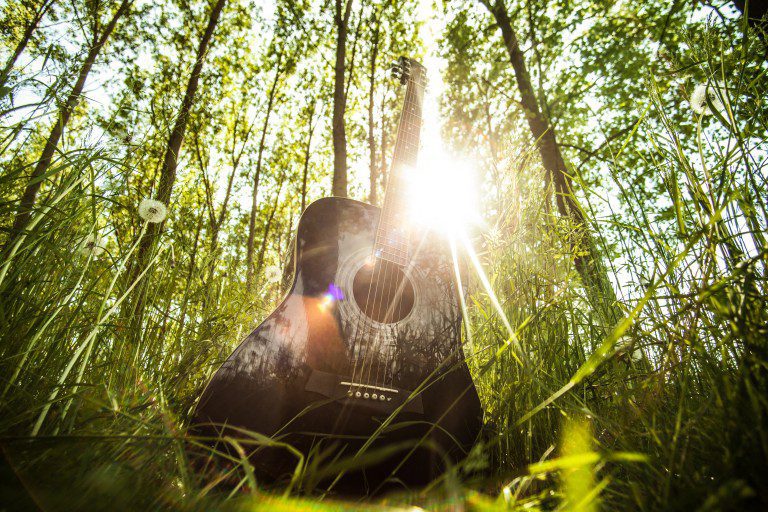
Why is TBA beneficial for songwriters from a technical aspect?
In the publishing industry today, bringing multiple skills to the table is a huge advantage. If you can write well and record your own demos, you are twice as valuable to a company. It’s also essential to be able to understand audio lingo, so when you’re in the studio, you can easily convey to players and engineers how your songs should sound.
How has your artist career been directly affected by TBA?
The biggest impact became clear while I was working on my most recent project at Addiction Sound Studios. The Blackbird Academy frequently takes trips to prestigious studios, and during one of those trips, I met my mentor, David Kalmusky. Making the connection with him sparked a friendship, and ten months later, we were creating a record. I never would’ve met David if it weren’t for Blackbird, nor would I have had the skills needed to wear the producer hat in a place as highly reputable as Addiction Sound. Mark’s introduction got me in the room, but the knowledge from my education is ultimately why I stayed there.
How does one make the most of the TBA experience as a songwriter?
The classroom studios are your friend! Sign up to go in after school, on weekends, really whenever you can. You’ll get great quality recordings to add to your portfolio (for free). Towards the end of your time there, you’ll have the option to bring in outside bands or artists to record for your final project in the big studios. As much as you might want to record your own stuff in the fancy rooms, take this as an opportunity to ask some of your favorite local writers to record with you. It’s a great chance to network and work side-by-side with people who inspire you. Finally, pay extra attention to the charts when you have class in the studio and learn the Nashville number system! I can’t stress that one enough.
What advice would you give to your pre-TBA self now that you’re through the program?
I was so worried because I felt like I didn’t have as much audio knowledge or prior experience as everyone else in my class. I wish I could go back and tell myself not to stress over it. As long as you walk in the door each day with a positive attitude and apply yourself fully to the program, you’ll hold your own. So take notes, take a deep breath, and hang on for the ride.
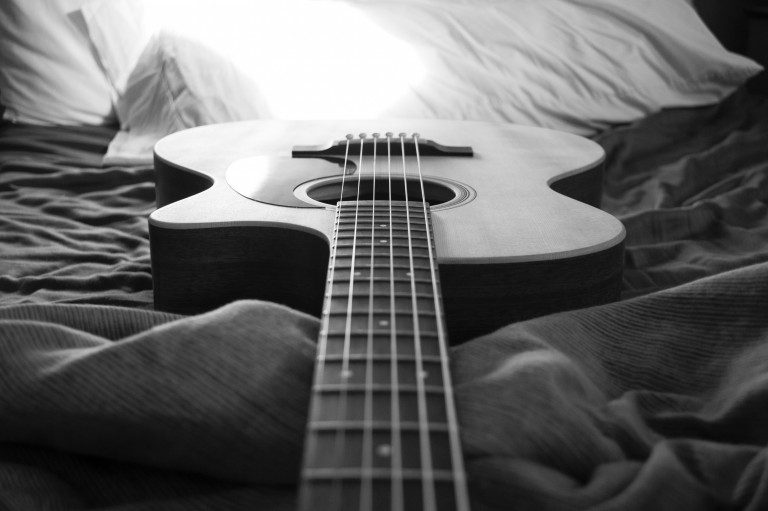
What about TBA’s education style makes it great for songwriters and sets it apart from other schools?
At the Academy, they have somehow packed four years’ worth of knowledge into six short months, all without making the classes feel rushed. There’s plenty of time to ask questions, get your hands on the gear, and figure out which equipment is best for the type of recordings you want to make. Personally, I think it’s smarter to spend half a year completely immersed in audio and return to the publishing world on a whole new level than it is to try networking and writing while simultaneously attending a four-year school.
What did your path look like right after Blackbird Academy, and how did you secure the opportunities you were presented?
I’ve always wanted to be an artist and learn about production so I can produce my own songs. I really honed in on my craft. I used the connections I had made through Blackbird to get feedback. Less than 10 months out, I ended up working with a producer I had met during my time at The Blackbird Academy. My goal was to really work on and hone my craft. Fortunately, I didn’t feel overwhelmed because I had the right education.
What are some simple things aspiring engineers or songwriters can start doing today to prepare them for Blackbird?
You don’t have to have Pro Tools, but you do have to experiment with recording. Learn as much as you can on your own and play around with different programs. When you get to The Blackbird Academy, you’re going to see how it all comes together.
What qualities do the greats possess?
All of the pros are so diverse, but the core thing uniting all of them is their passion for it. This is a job you must completely immerse yourself in to. You have to be willing to work extreme hours. Great engineers have that passion and drive to make the best pieces of music possible. Every engineer we met with was so different, but they all had that same spark.
What are some of your favorite pieces of gear to work with? (Dream gear and affordable gear.)
My favorite mic for an acoustic guitar is the KM84 Neumann. It just sounds beautiful.
A C12 for any female vocalist always sounds great, but those aren’t cheap. I personally have an Electra Voice RE20 for my vocals, and it does a great job.
For really cheap, it’s amazing what an SM57 can do. There are so many things you can use them for.
My favorite compressor is the LA2A. So as far as dream studio gear goes, that would be it.
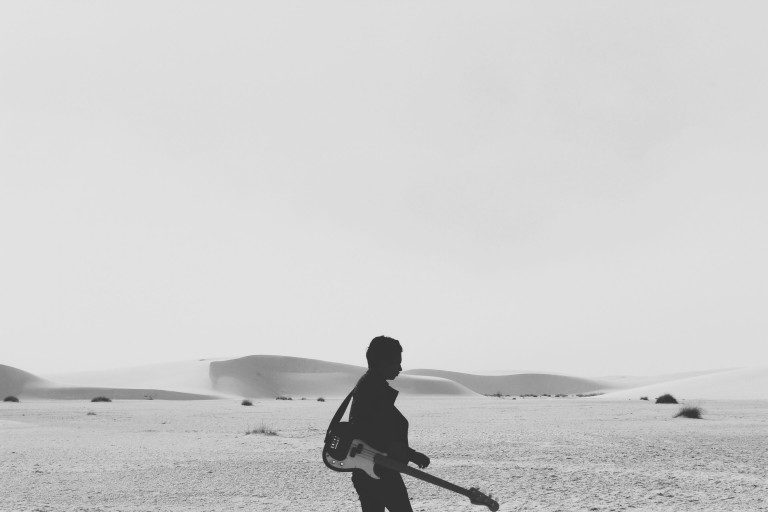
Do you have any mixing tips for engineers and songwriters?
I don’t think in rules. I like to mix differently. If I think something is cool, I’m going to make it loud. I don’t know if there’s a science to it; it’s more about trusting your gut. Listen to the song. Don’t put yourself first.
Common pieces of gear you see in studios:
There’s an 1176 compressor in every studio; they’re incredible.
The PCM42 is great!
I’m a big fan of Apollo interfaces too, and I see them around pretty frequently.
Favorite audio resources for learning?
Mix Magazine and Tape Op are pretty much what I read. If I have questions, I utilize the TBA professors Mark and Kevin. They are so brilliant.
Where can people listen to your music?
My new EP Unscripted was released on iTunes and Spotify on March 18! You can also look me up at youtube.com/amypetersmusic.
